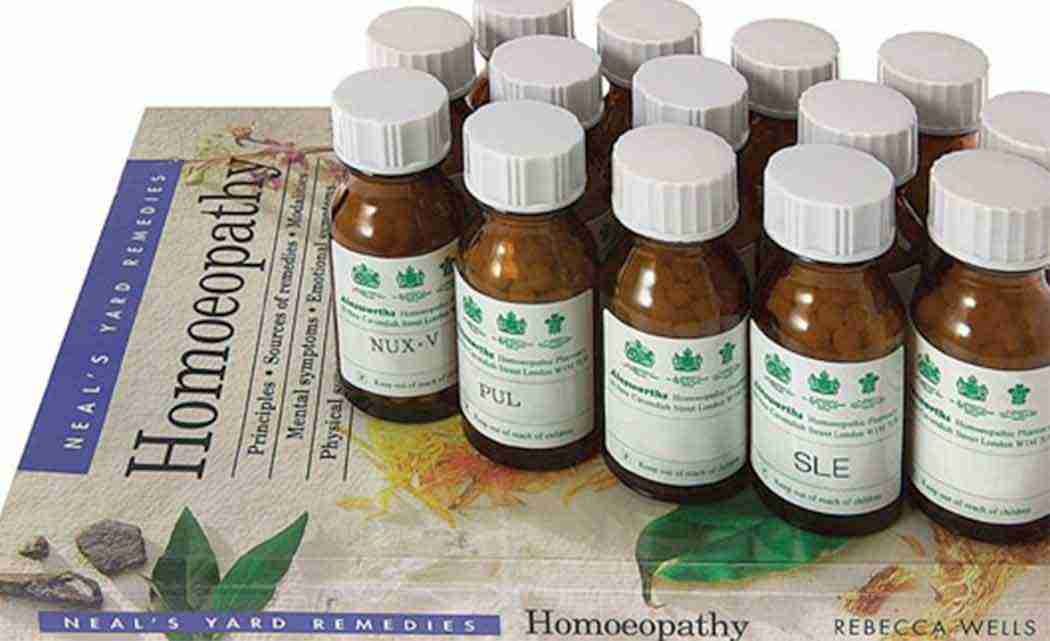By MATTHEW PERRONE
AP Health Writer
WASHINGTON (AP) _ A top federal drug regulator says increased safety problems with homeopathic remedies contributed to the government’s decision to revisit its oversight of the products this week.
The Food and Drug Administration on Tuesday wrapped up a two-day meeting to hear from supporters and critics of products like Zicam Allergy Relief and Cold-Eeze, alternative remedies that are protected by federal law, but not accepted by mainstream medicine.
Similar to dietary supplements, the FDA does not review the safety or effectiveness of homeopathic remedies before they are sold. But unlike supplements, homeopathic medicines can state that they are intended for specific medical symptoms and conditions.
The FDA’s Cynthia Schnedar, a director of drug compliance, said the agency has issued 40 warning letters to homeopathic product makers since 2009 amid increasing U.S. sales.
In perhaps the most serious case, in 2009 the FDA ordered the maker of Zicam to stop marketing three products that contained zinc gluconate. The agency linked those products to 130 reports from consumers who said they lost their sense of smell.
In 2010, the FDA warned about reports of toxicity in children taking Hyland Homeopathic’s teething tablets, which contained a berry-derived toxin called belladonna that can be poisonous in larger doses.
And last month the agency warned U.S. patients with asthma not to rely on homeopathic products claiming to treat the respiratory condition, which can cause fatal complications if not properly managed.
Despite such problems Schnedar stressed that this week’s FDA meeting was a “listening session,” and that the agency has not reached any decision about whether to alter its regulations.
“We’re gathering information to allow us to consider whether to adjust the current enforcement policies we have in place,” Schnedar said in an interview.
The FDA hasn’t revisited its oversight of homeopathic products since 1988, when it essentially exempted the industry from basic production standards that are mandatory for traditional drugs, like listing ingredients and dosibizng levels on product labels.
Zicam and hundreds of other homeopathic remedies are often sold alongside over-the-counter drugs like Tylenol and aspirin at pharmacies across the U.S. But homeopathic medicine is based on a 200-year old theory unsupported by modern science: that ingredients which create certain symptoms in healthy people are effective in treating the disease that causes the same symptoms.
A key principle of traditional homeopathy holds that the more diluted a remedy is, the better it works. Today, many remedies marketed as homeopathic contain heavily diluted drugs, vitamins and minerals. For instance, Zicam contains a heavily diluted dose of zinc as its “active ingredient.”
On Monday, industry executives and lobbyists argued that the current FDA framework works well for homeopathy. Representatives from the Consumer HealthCare Products Association, which represents homeopathic manufacturers, emphasized that consumers like having easy access to alternative treatments.
But industry critics argued that many consumers do not understand how homeopathic products differ from conventional medicines.
“Stocking homeopathic remedies labeled for specific symptoms or conditions alongside conventional over-the-counter drugs on the pharmacy or supermarket shelves is innately misleading,” said Dr. Adriane Fugh-Berman, an associate professor at Georgetown University Medical Center.
She and others want the FDA to require homeopathic remedies to undergo the same safety and effectiveness reviews as conventional drugs. But failing that, Fugh-Berman said that the products should carry a disclaimer warning that they have not been shown to treat or prevent any disease or condition.













No Comment